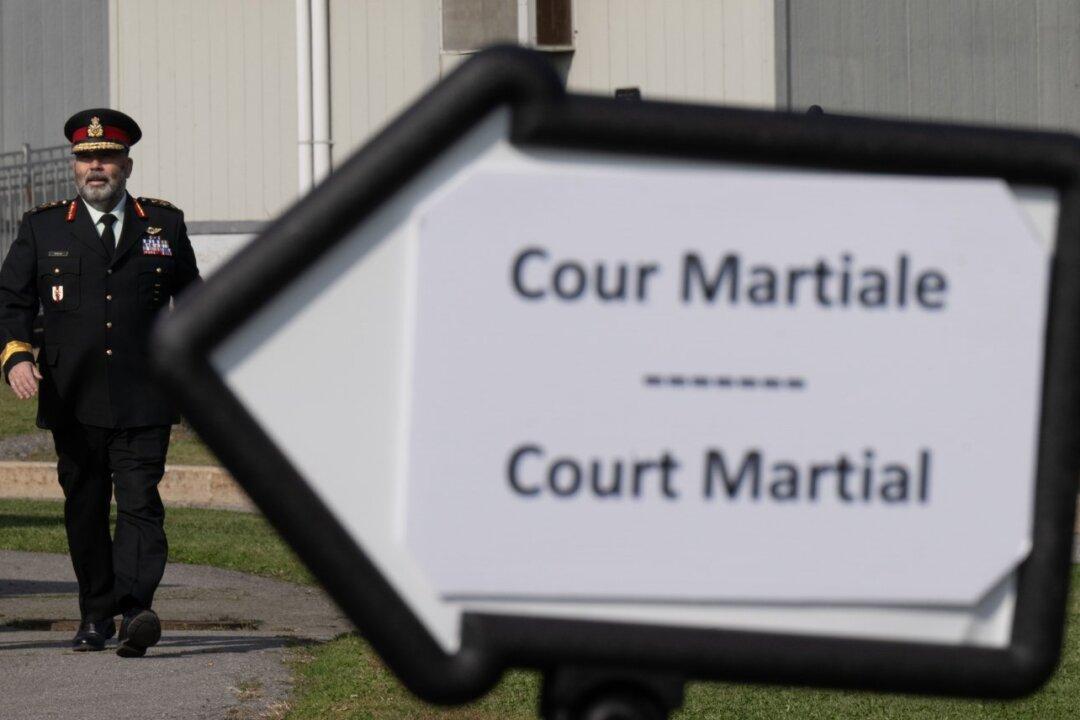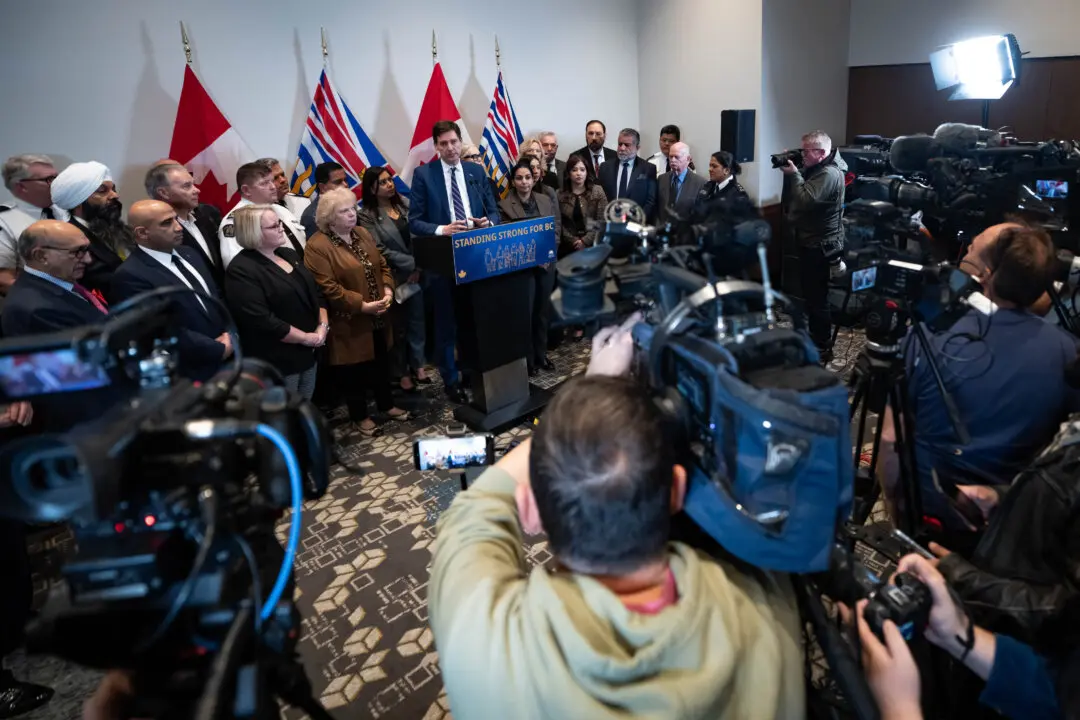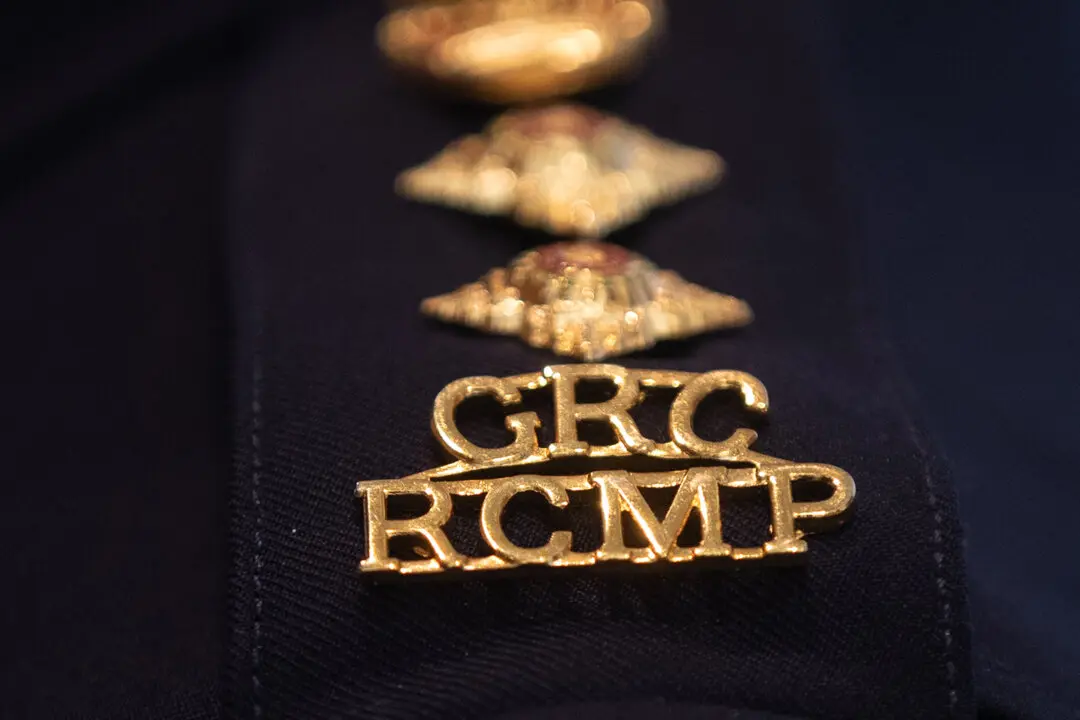The military judge presiding over a court martial for Lt.-Gen. Steve Whelan has decided the emails at the centre of the case will not be made public during the trial unless they are allowed as evidence.
Cmdr. Martin Pelletier said his ruling is an imperfect one, but noted he found himself in a challenging situation.





